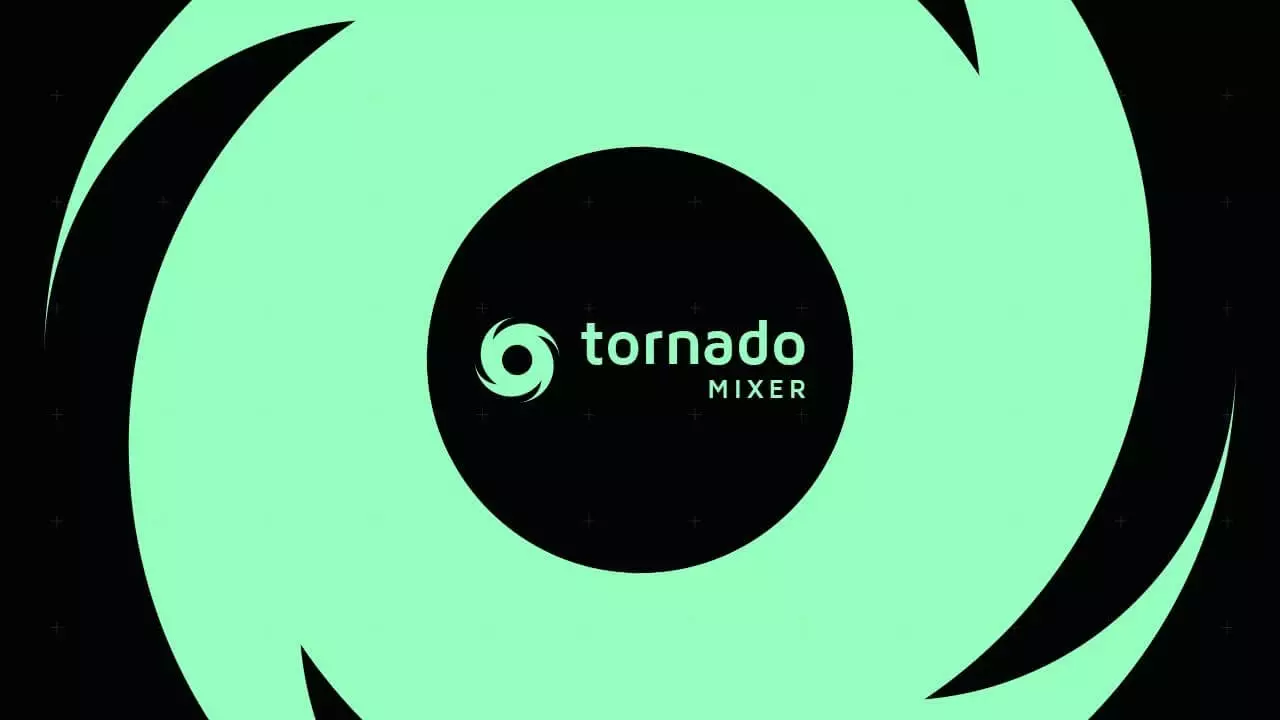Coindoo
4w
988

Image Credit: Coindoo
Paradigm Challenges U.S. Prosecutors in Tornado Cash Case
- Paradigm is challenging U.S. prosecutors in the Tornado Cash case targeting Storm, a co-founder, for alleged illegal financial activity.
- They argue that the charges misinterpret existing law and could set a dangerous precedent for developers of peer-to-peer software.
- Paradigm's legal team contends that Storm is accused of operating a money transmission service and processing criminal proceeds without sufficient legal basis.
- They emphasize that simply publishing code, as Storm did, is not equivalent to transmitting funds, as stated by the Treasury Department and FinCEN.
- The outcome of the case could have implications for the future treatment of decentralized software in U.S. courts, as indicated by Paradigm.
- Paradigm warns that a conviction in this case could impact developers in the crypto and DeFi space, potentially discouraging innovation.
- The amicus curiae brief filed by Paradigm allows them to provide input as a third party in the legal proceedings.
- The case involving Storm could shape the legal landscape for decentralized finance (DeFi) going forward.
- Storm's trial outcome may influence how decentralized software is viewed and regulated in the U.S. in the coming years.
- Paradigm's intervention underscores the importance of protecting open-source developers like Storm within the crypto community.
- The legal battle is significant for the DeFi industry and could have far-reaching consequences on software development and innovation.
- The dispute highlights the tension between legal interpretations of financial activities and the evolving nature of decentralized technologies.
- The case raises questions about the boundaries of money transmission services and the responsibilities of software creators in the crypto sector.
- Paradigm's stance reflects broader concerns within the crypto community regarding regulatory clarity and the treatment of developers in legal disputes.
- The implications of this case extend beyond Storm and could impact how peer-to-peer software creators are perceived and regulated in the future.
Read Full Article
8 Likes
For uninterrupted reading, download the app